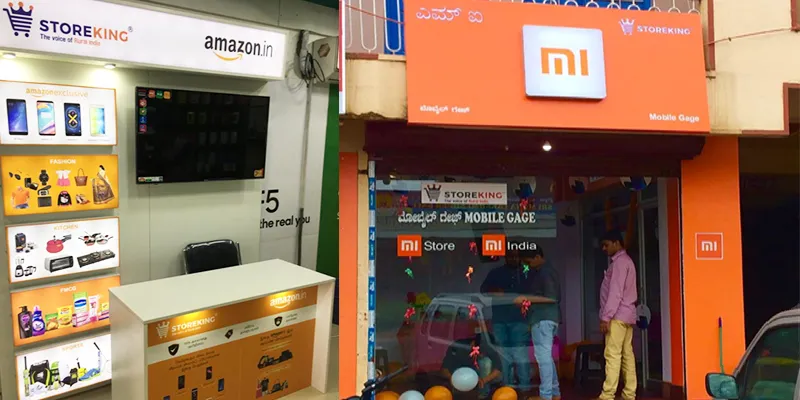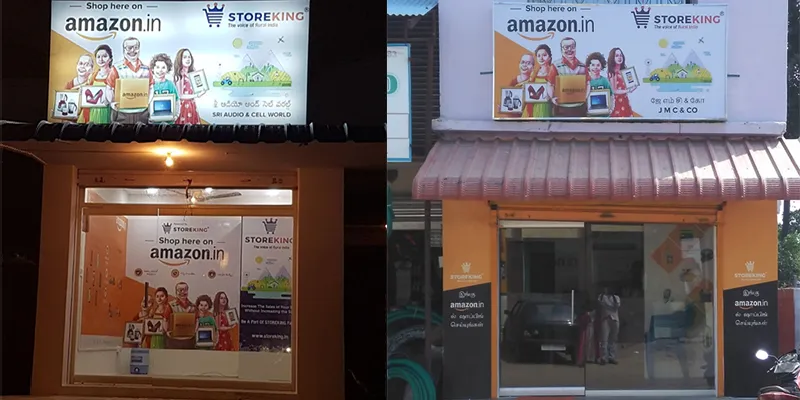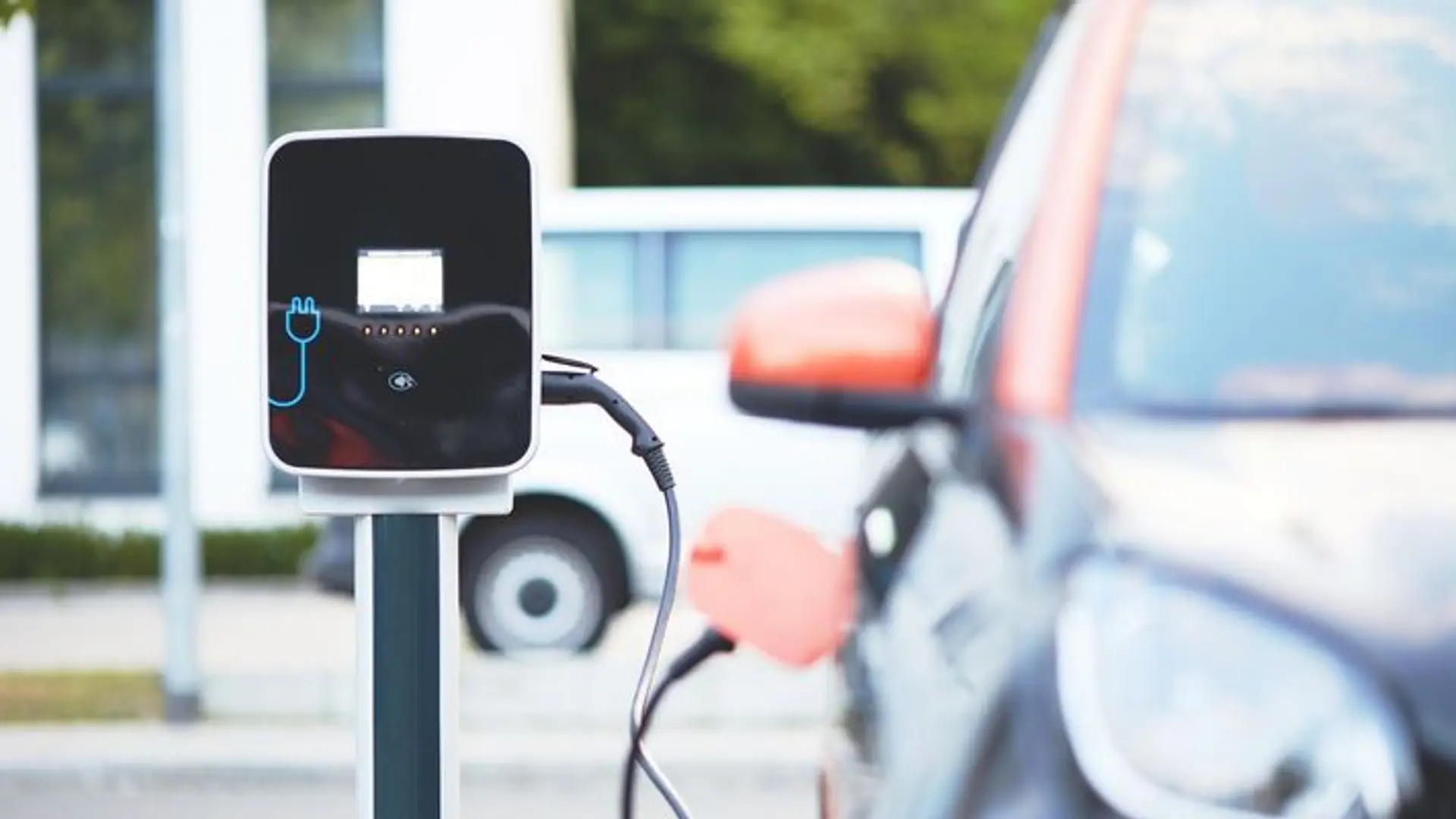
StoreKing
View Brand PublisherHow StoreKing is connecting rural India to the digital world of online shopping
The gap that exists between urban and rural India is never more evident than when looking at how far we have grown as a global economy. While the former has made great strides towards smart cities and state-of-the art services, pockets of the hinterland have limited access to even the most basic amenities and products. This is largely because of poor connectivity, language barriers and lack of a logistics services that go that last mile.

This is where StoreKing, a Bengaluru-based startup, steps into the picture. This technology -enabled distribution platform is connecting small towns and villages across the country to a range of products and services, all via an app.
The beginning
Founded by Sridhar Gundaiah in 2012, the story of StoreKing began when Sridhar was in the middle of solving another rural crisis. “Farmers stayed awake every night not knowing if the water was released from the dam, and at what time it would reach their fields. So I formed a team to study the problem and created a system whereby, as the dam gates opened, a vernacular SMS would be triggered to the farmers with details of when the gates were opened, and the estimated time for water to reach the farm.”
This is when he witnessed the relationship between the villagers and their retailers, and realised that there was a huge demand for various products, but the basic delivery mechanism was missing. Sridhar founded StoreKing to bridge the gap that the contemporary e-commerce companies were missing out on.
How it works
StoreKing’s main focus is on being the digital touch point for rural India, and to strengthen the Indian growth story by connecting brands and services to fill rural consumption demand. With over 47,000 stores across 10 states, enabling retailers to sell more products and services to the walk-in customers. StoreKing works with all major brands of FMCG, mobiles, household appliances and also offers services like insurance, domestics money transfer, investments, etc.

Sridhar explains it, “We onboard retailers as our franchisees and empower them with the StoreKing app. So then, the retailer is able to fulfil transactions on behalf of a customer for products as well as services.” Payment is made upfront (prepaid) by the customer. The retailer maintains a wallet with StoreKing consistently and on confirmation of the order and the payment, the product gets delivered to the retailer for the customer.
StoreKing operates a fulfillment centre and handles end–to-end logistics, which includes delivering and reverse logistics to and from 2,800 odd small towns. “This is achieved using our unique transport and logistics model. We also provide sales and after-sales service to the retailer by means of our feet on the street as well as through call center support,” Sridhar says.
The voice of rural India
StoreKing bridges the gap where the contemporary e-commerce companies miss out. They’ve even captured data points to analyse customer consumption behavior and rural demand to predict demand, and in turn help retailers to sell more relevant products to their walk-in customers. Today, established players like Amazon and Xiaomi are partnering with StoreKing to achieve engagement with rural customers. This engagement includes building experience zones for these brands in rural India. Sridhar says, “StoreKing is fast becoming a large rural data company, given the amount of information we continue to gather about the rural customer’s requirements and buying behavior.”
While categories like food & FMCG form more than 60 percent of the current rural consumption basket, the trend is changing rapidly. “With the penetration of DTH increasing in rural areas, a rural consumer watches the same type of advertisements and is exposed to the same type of brands as their urban counterparts and their aspirations are rising. Smartphones, televisions and home appliances are the fast growing categories for this market,” Sridhar adds.
Peeking ahead
StoreKing’s effort to power the economy and digitise rural regions has led their sales to rise close to $300 million annually. But their business requires them to constantly innovate and come up with non-linear models of scaling up operations as they grow their presence across different geographies. “One of the challenges is to educate the customer and retailers about our new offerings – especially with regards to the new age payments and financial services solutions. We are solving this by means of technology, using various mediums such as videos, chat, etc., thereby reducing the dependence on our feet on street,” Sridhar says.
StoreKing takes pride in introducing new digital products such as UPI payments and mobile wallets to help customers complete digital payments. It aspires to be India’s largest distribution platform, reaching out to 70 percent of India’s population and a network of half a million retailers by 2022. The startup is also on its way to becoming India's largest rural fintech company, with over INR. 22 crore MSME loans being disbursed to rural retailers through their partners. “ We are aiming at providing close to INR. 1500 crore to retailers in the next 18-24 months,” Sridhar explains.

“The idea is to become a powerhouse of rural data and emphasise the usage of consumption data to power the supply, and be present in all 650,000 villages of rural India. We plan to expand our reach to 100,000 touch points over the next 10-12 months,” he says. StoreKing also aspires to plug the gap of financial services by offering consumers to transact and invest in insurance, mutual funds and many other products in coming years. “We see financial services as our next big foray, as there is tremendous untapped potential in the rural markets and the space is ripe for disruption,” Sridhar explains and signs off.







